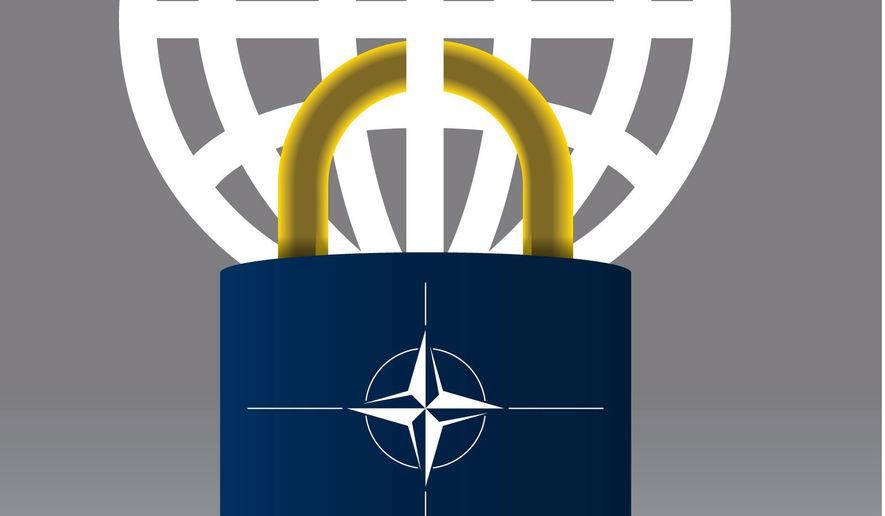OPINION:
In response to a perception among many in the European Union that the United States has mismanaged the coronavirus outbreak, EU Foreign Minister Josep Borrell told an audience in Berlin on Monday that some European analysts had been talking more and more about the “end of an American-led system and the arrival of an Asian century.” The 27-nation bloc, he concluded, should therefore “follow our own interests.”
Rather than push back on such talk, Washington should realize that Mr. Borrell has a point. A wealthy, strong, and — critically — independent Europe is in America’s interest. A re-evaluation of the trans-Atlantic relationship is long overdue.
Central to a prudent re-evaluation is the recognition that today’s global environment is no longer like the one that existed during the heat of the Cold War, when most of our current security relationships were formed. NATO was created in 1949 under the still-smoldering wreckage of World War II and as the Soviet Union was becoming a global player. Germany was divided, with most of its industry in ruins. France and England had suffered grievously and had together lost more than a million citizens to the war.
The United States, however, was the undisputed Western power in both military and economic might. We initially had a nuclear monopoly and an industrial machine undamaged by the war. Through the economic package of the Marshall Plan (which provided billions for European countries to rebuild) and the military pact of NATO, the United States was the West’s indispensable nation.
It is no exaggeration to say that without Uncle Sam’s extensive involvement, Europe may have collapsed or succumbed to the infection of communism spreading throughout the post-war world. During the Cold War, Europe relied on America.
The first NATO Secretary-General, Lord Hastings Ismay, famously said that NATO existed to “keep the Soviets out, the Americans in, and the Germans down.” But with the collapse of the U.S.S.R. — along with the rise of France, the U.K., and a reunified Germany as rich nations — the fundamental reasons for NATO’s existence vanished. The once-compelling justification for the United States to underwrite the security of Western Europe has likewise disappeared.
In the 1950s, the main security concerns for the United States were our allies in Western Europe. The Soviet Union and Warsaw Pact alliance would eventually boast 50,000 tanks, thousands of war planes, and an arsenal of tactical and strategic nuclear weapons — most of which threatened our allies.
Today, Russia still has the largest nuclear arsenal and is the only other nuclear superpower. But its conventional power is a shadow of its Red Army past. In fact, many of the countries that once made up the Warsaw Pact are now NATO members.
What the United States desperately needs today is to conduct an honest, updated assessment of the world as it is. We should identify the strengths and weaknesses of our friends and potential adversaries, determine the direction in which emerging trends and opportunities are going, and then establish new policies commensurate with our national interests.
A new, forward-thinking policy won’t be to merely ask NATO members in Europe to pay more for having American troops on their soil, but to begin methodically and professionally transitioning the burden of European security to the Europeans themselves. There are three main reasons EU countries have not been willing to take responsibility for their own security (many of which spend as little as 1 percent of GDP on their national defense).
First, they believe the United States will serve as the first line of defense for any threat to their security. Second, they would rather spend their money on their domestic population and let the United States pay to keep them safe. Third, as proven by how little they spend on defense, the truth is most European governments regard the threat from Russia to be marginal and manageable.
Europe already has a substantial combined military advantage over the Russian army in every category and could defeat Russian conventional forces even without U.S. intervention. They have the modern economies to fund national militaries. It’s time to reform NATO so that European states take the lead on their security and America becomes the strategic reserve.
• Daniel L. Davis is a senior fellow for Defense Priorities and a former lieutenant colonel in the U.S. Army who retired in 2015 after 21 years, including four combat deployments. Follow him @DanielLDavis1.




Please read our comment policy before commenting.